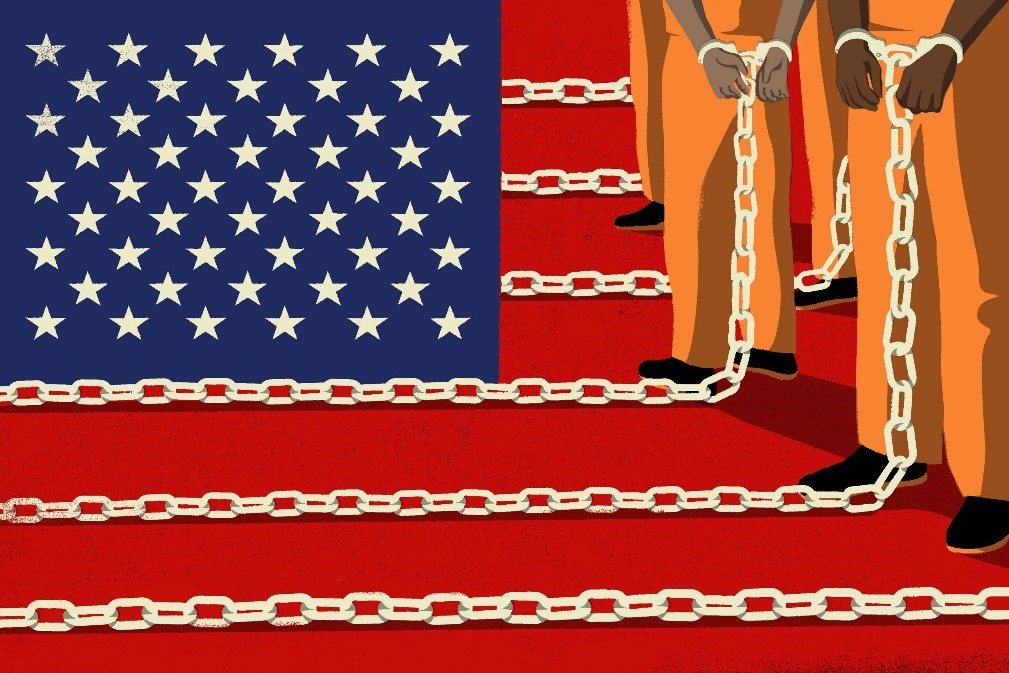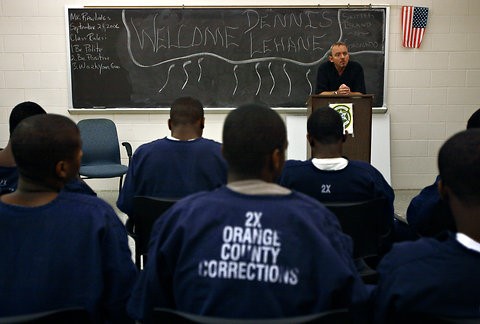
The Unreliability of Forensic Evidence and Politicization Impeding Reform
By: Hannah Laub More than eight out of ten Americans believe that DNA evidence is completely reliable or very reliable, and nearly seven in ten think the same about fingerprint evidence.[1] Faith in the validity of forensic evidence is echoed in pop culture, where crime television and film present the evidence as almost infallible in a courtroom. Average Americans determine whether criminal defendants are guilty … Continue reading The Unreliability of Forensic Evidence and Politicization Impeding Reform








